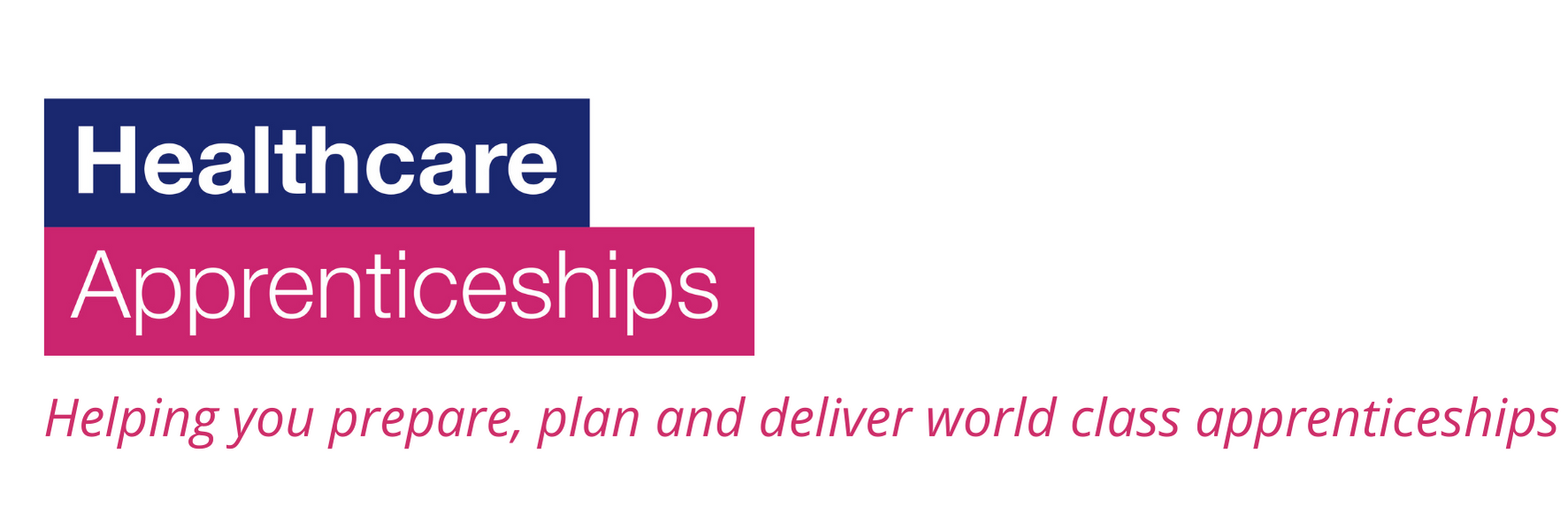K1: The core values and principles of peer support
K2: Legislation related to equality, diversity & inclusion
K3: The way unconscious bias can affect peer relationships
K4: The importance of establishing and adhering to the boundaries of the peer relationship
K5: Empowerment and its role in peer support
K6: How health and socio-economic inequalities can influence the individual’s experience and needs
K7: The rights of carers and the organisation’s families and carer strategy/carer engagement protocol
K8: How to manage and prepare for the ending of the peer relationship
K9: The significance of culture and identity and how this can influence the individual’s experience and needs
K10: Ethical dilemmas that may arise within the peer relationship
K11: The history and value of the peer support movement and its relationship to systems, inequalities, power and civil rights
K12: The purpose of sharing lived experience, and how much to share in a relevant way
K13: Self-help and self-management approaches that can be used by individuals being supported
K14: How to support individuals to develop self-help and self-management approaches through modelling
K15: Problem solving skills that can be used by individual’s being supported
K16: The principles of involvement and co-production within own scope of practice
K17: Goal setting and how to support individuals to establish self-defined goals using co-production
K18: Care planning, the individual’s current care and support needs and where to find that information
K19: How to apply trauma informed approaches in own work
K20: Where to find information on care and support options available and what they provide within their organisation and the local community
K21: The importance and value of building links with local community organisations as sources of support
K22: The differences between guidance, advice and information
K23: How to facilitate and manage groups
K24: Types of settings where restrictions on access to sources of information may apply to individuals
K25: The rights and choices of the individual within the context of their circumstances
K26: The importance of advocacy and self-advocacy in relation to the individual being supported
K27: How to support the individual to prepare for reviews, complete applications and referrals
K28: The importance of maintaining up to date knowledge of existing resources, identifying gaps in sources of support and how to search out new resources
K29: How to raise awareness of the sources of support available and connecting individual’s to the right resources for their needs
K30: The importance of signposting in ways that are the most likely to be used independently by the individual
K31: How stigma and labelling can affect individuals
K32: Factors that may limit an individual’s access to resources and how to overcome these
K33: The importance of following up with an individual to determine if signposting has met their needs or whether alternatives should be sought
K34: How to get involved in service development activities to provide a peer perspective
K35: The value of promoting the peer worker role to encourage understanding and acceptance of the role
K36: The value of promoting lived experience perspectives and raising the concerns of individuals being supported
K37: How to present information to individuals and groups
K38: How individuals learn and how to tailor training delivery to the audience
K39: How to work effectively in a team setting
K40: How to promote the service user perspective within the team
K41: The value of peer and professional networks
K42: The limits of responsibility and competence of the peer worker role and where to seek advice, support or assistance when these limits are reached
K43: How to positively challenge an individual or organisation’s low expectations of the individuals being supported
K44: The action to take in line with organisational policy when discriminatory practice or behaviour is observed
K45: How to manage own time, work priorities and resources effectively
K46: The purpose and value of supervision, appraisals and personal development planning
K47: Reflective practice how to use it effectively
K48: The importance of self-care and available support structures
K49: How to identify risk and undertake risk assessments following organisational policies and procedures
K50: How to facilitate discussions on risk, acknowledge different perspectives on risk, promote positive risk taking and how and when to escalate concerns regarding risk
K51: The principles of safeguarding
K52: Legislation and organisational policy regarding risk and safeguarding
K53: How to communicate with the individuals they support and the wider multi-disciplinary team
K54: How to create and hold a safe space with someone experiencing distress
K55: How to give feedback to the individuals being supported
K56: How to seek and receive feedback from the individuals they support and the wider multi-disciplinary team
K57: The organisation’s policy on record keeping
K58: Legislation and organisational requirements on confidentiality, consent and information sharing


